We aim at increasing tailored automation solutions
June 9, 2021 1:08 pm
We are committed to helping our customers achieve complete sustainability and stay ahead of the curve in industrial automation and digital transformation.
Sriram Ramakrishnan, Managing Director, Fuji Electric India Pvt. Ltd., in an interview discusses ways to increase productivity, reduce maintenance costs, eliminate downtime, and achieve energy savings.
Indian industries have embraced Industry 4.0 and its technologies to carve a bright future of Indian industries. With this level of acceptance, how ready are we to accept Industry 5.0 or Society 5.0?
With the Government’s push for AtmaNirbharBharat and ‘Make in India”, there is a big focus on manufacturing sector’s growth becoming important for prosperity of India. While focus of the government is on increasing employment, across industries it has become very clear that to compete in the global market Indian industries have to manufacture more efficiently with good quality and at a competitive cost. This is forcing many Indian industries to embrace the increasing use of Automation in their factories.
Today with increasing automation, industries have started deployment of IoT devices in their factory to connect to the internet to share and exchange data. This data is used for control and review to improve productivity, optimise energy usage and to achieve high quality manufacturing. Many of the industries in India have not fully deployed Automation and IoT to harness the benefits of Industry 4.0. This will remain the focus of most companies in India for the next three to five years. Very select companies will start looking at Industry 5.0 in India for manufacturing a high mix of products efficiently using Robotics and automation. In an advanced economy like Japan, Society 5.0 is a focus of the Japanese government which goes beyond industries to develop a human-centred society that achieves both economic development and the solution of social issues through a system that integrates cyber space (virtual space) and physical space (real space). India also is uniquely poised to leap-frog on implementation of Society 5.0 as evidenced by the Smart City initiatives of the government for surveillance and traffic management. Also, currently the Internet is being leveraged by the Government in AarogyaSetu App and CoWin App which is being used extensively to track the COVID-19 pandemic and to conduct the world’s largest vaccination drive in India.
With the advent of AI and automation in condition monitoring and other related sensors, what are the major areas where the industry witnessed transformations and business prospects?
Today ‘Smart Factory’ is the Buzzword. Smart factories collect a variety of data from various machines and sensors in the field and then stores it in cyberspace (on-premise or in the cloud). By using AI technology to analyse big data, the newly created value and insights can be reflected in the physical world of the factory. Smart factories repeat the four phases of data collection, data accumulation and analysis, optimisation and implementation. This cycle makes it possible to optimise the operation of machines, diagnose the condition of each machine and predict abnormalities and failures in factories. All of this helps improve productivity, reduces maintenance costs, eliminate downtime, and achieves energy savings for entire factories through energy monitoring and other measures.
How is automation and other technologies being leveraged by your organisation to attain maximum precision and efficiency in your drive, motors, and industrial applications?
Since our inception in 1923, Fuji Electric always pursued technological innovations in Energy and Automation products and solutions.
Fuji Electric is one of the leading suppliers of PLC (programmable logic controller) which is the key building block for a Smart Factory. Fuji Electric is also globally renowned for Instrumentation products which is used to measure energy, power, pressure, temperature and flow which are the key physical parameters to be measured based on which devices can be controlled to optimise the overall performance of a machine, process or factory. In smart factories, PLCs are positioned as edge controllers to collect time-series data from machines and sensors (field devices) in the field. The data temporarily stored in the PLCs is uploaded to the server system via the factory’s dedicated LAN and the Internet. In the server system, the data is analysed by AI and other technologies to create added value to optimise the factory operations. Further in most industries, motors consume more than 50 percent of the electricity and energy consumption can be reduced more than 30 percent by using Variable frequency drives which is another key product offered globally by Fuji Electric. Fuji Electric has deployed many of our technologies in our own factories. As an example, at Fuji Electric’s Japanese Switchgear Factory, a dashboard has been deployed that provides real-time visualisation of quality, availability, energy, and other data.
The dashboard has enabled the factory to respond quickly to problems that arise in the field. This, in turn, has improved productivity at the factory. The dashboard streamlines and visualises not only factory production line and production information, but also daily management information in order to achieve optimisation for the entire factory.
What are the challenges for SMEs and MSMEs of your sector in adopting factory automation, digitisation for efficient processes?
While COVID-19 pandemic has adversely impacted many of the SMEs and MSMEs in the manufacturing sector, it has also highlighted the need to increase automation and digitisation to reduce dependence on manpower only. Today, any SME deploying industrial automation is better equipped to handle the operational crisis related to manpower shortage, variation in demand and high product mix, effectively compared to SMEs without industrial automation. Despite financial limitations, many SMEs are eager to upgrade to new technologies.
Though there are many low-cost automation products available, integrating them into a cost-effective solution which delivers the intended results remains a challenge without the right System Integrator partner.
What measures are being taken at your facility to maintain the smooth functioning of O&M activities in your facility? We at Fuji Electric are committed to maintaining safety and reliability while maximising the efficiency of our plant operation. To realise this, we take multiple measures to ensure the smooth functioning of our operation, like Smart Maintenance and Operational Excellence. These initiatives help us achieve not only the uninterrupted operation but also to gain significant improvements in safety, asset integrity and reliability, improvements in turnaround time and cost competitiveness.
At Fuji Electric’s Factory which produces vending machines, preventive maintenance is being implemented by monitoring for signs of abnormality in sheet-metal pressing processes in order to reduce quality defects. Quality problems can occur if metal debris adheres to the punch when punching holes with a press. Therefore, the factory installed Fuji Electric’s “Diagnostic Sensor Hub” to collect data through the use of five sensors. Signs of abnormality are detected by comparing the collected data with a normal model that was created from the correlation of various types of data. This has enabled the factory to stop equipment before it malfunctions and perform maintenance to eliminate quality defects. Like Fuji Electric, many other companies are continuing to pursue remote and unmanned operations as they prepare for the post COVID-19 world. Although it may be difficult to implement an advanced smart factory all at once from scratch, a good first step to making a factory smarter would be to deploy PLCs for the basic components of your factory, and then gradually expand from there.
What are your plans and projections to revive the market position amidst the global market?
Fuji Electric is committed to the Indian market and we are expanding our factories in Chennai and Pune in response to our government’s call for AtmaNirbhar Bharat. We will be manufacturing the same cutting-edge Japanese technology products now in India. In addition, we are strengthening the R&D capability in India to tailor automation solutions for Indian industries. Our solutions are well complemented by our pan India service network to provide local support to any customer across the country. With Fuji Electric, we address any customer challenges with our unique portfolio of Energy and Automation solutions with Japanese technology complemented by local support offering peace of mind to any Industry customer.
Cookie Consent
We use cookies to personalize your experience. By continuing to visit this website you agree to our Terms & Conditions, Privacy Policy and Cookie Policy.



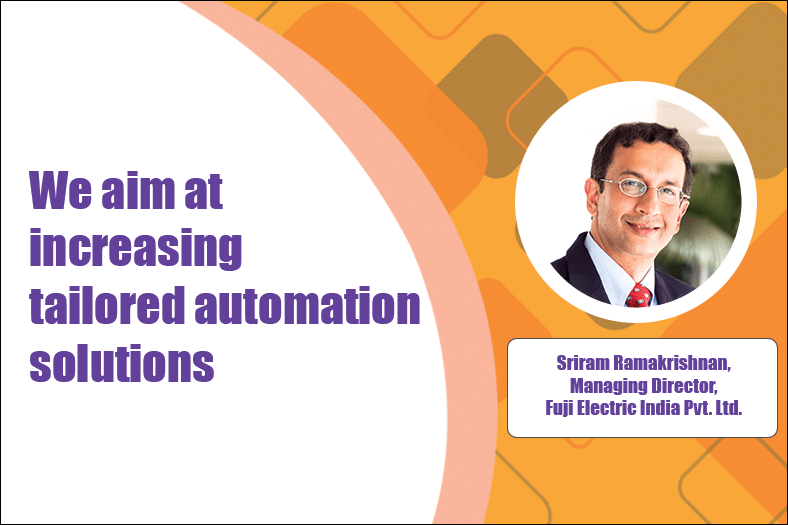
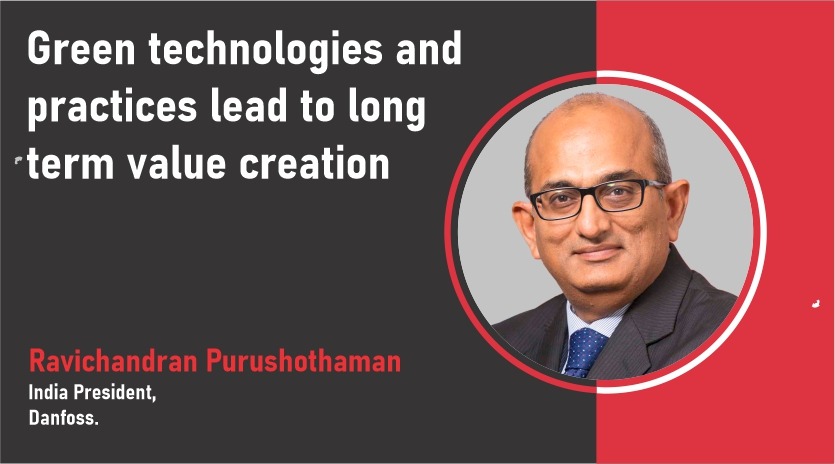


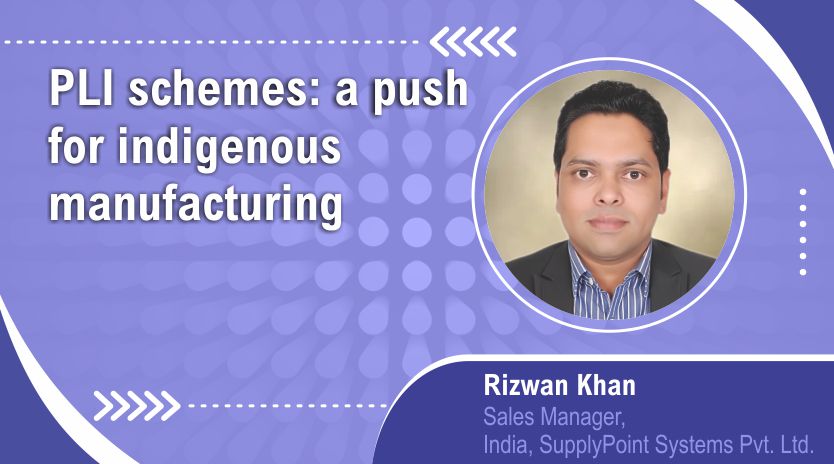
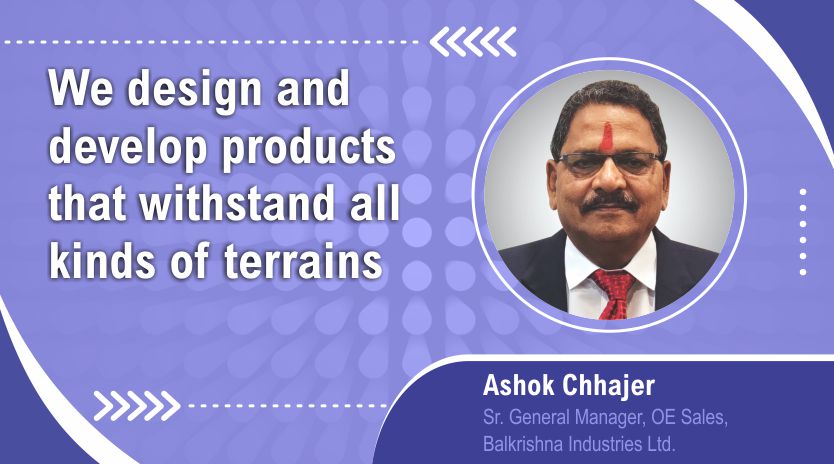
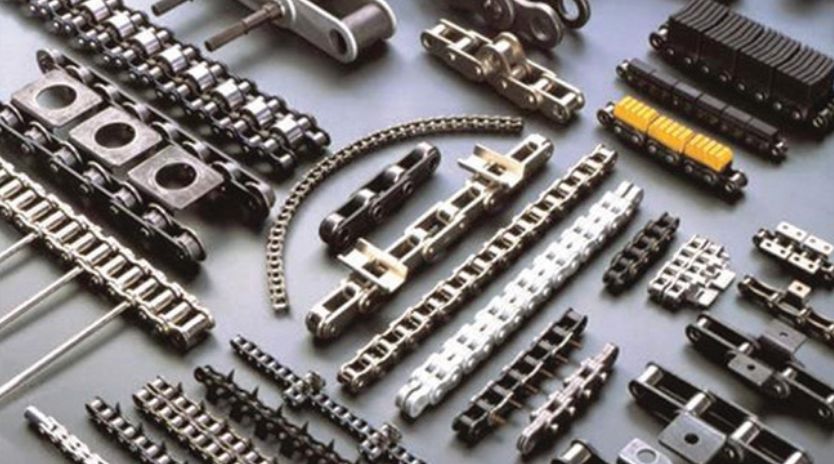
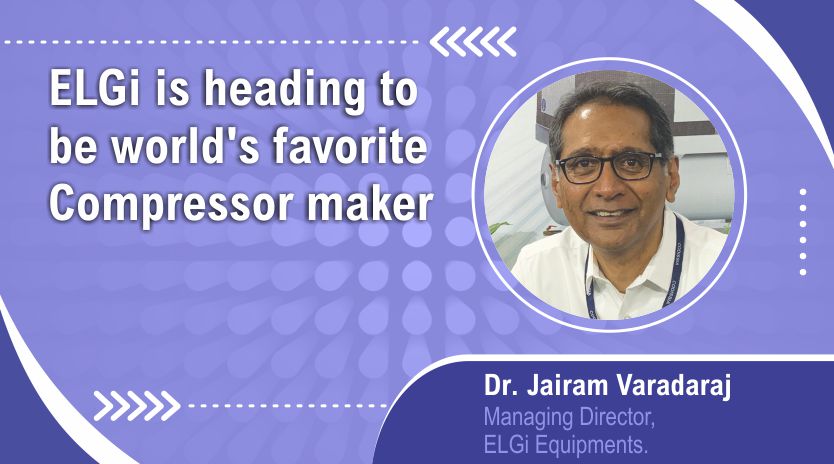
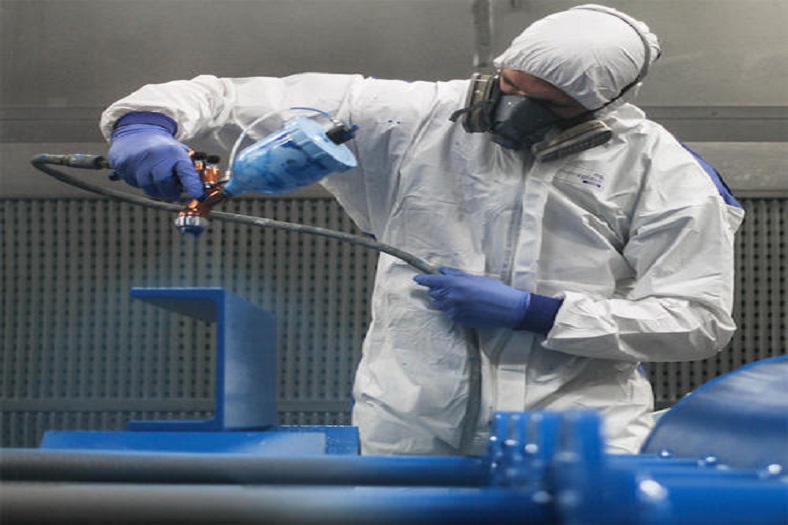
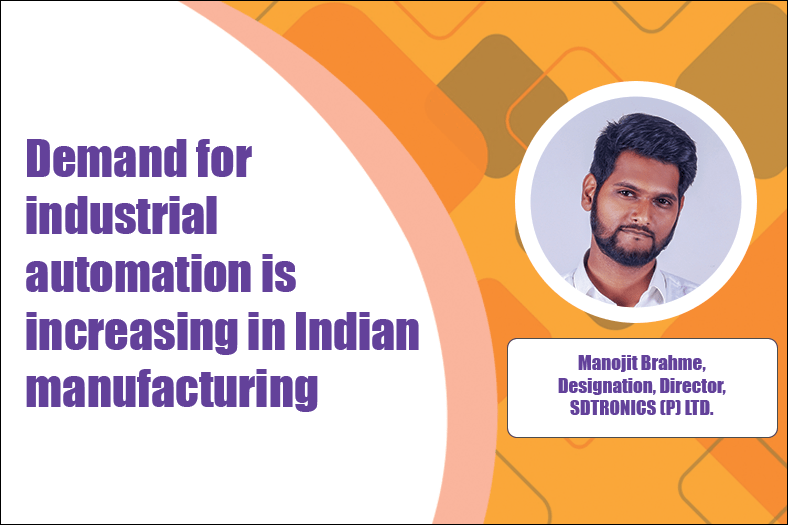




 English
English Hindi
Hindi